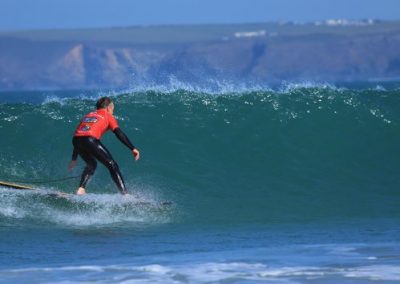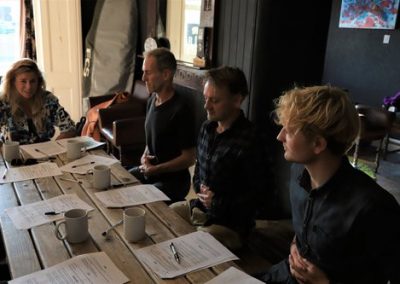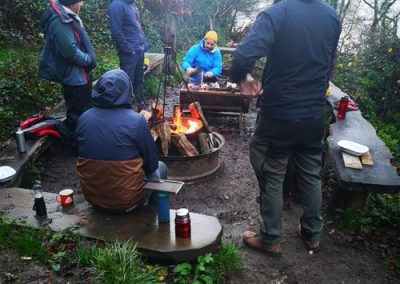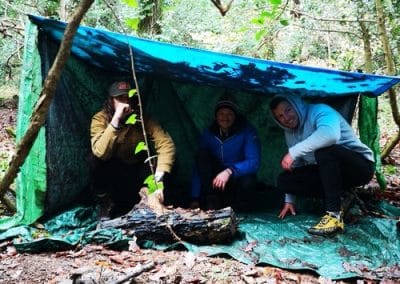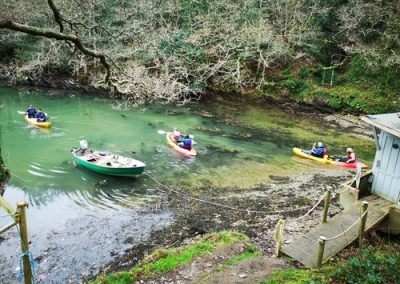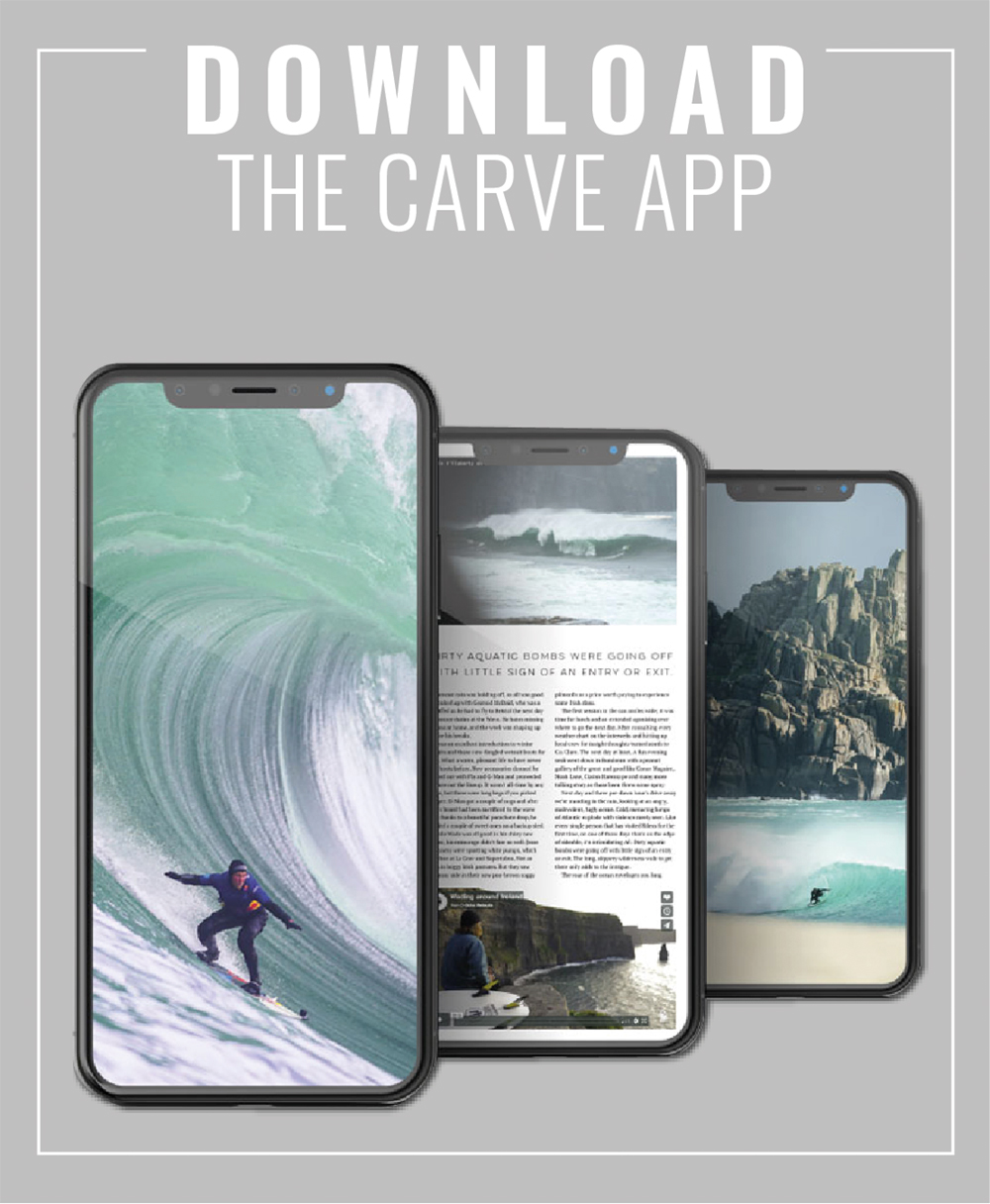Katy Griffin is a mental health nurse helping men overcome mental health challenges through progressive lifestyle medicine. We asked her about dealing with stress and how her approach can over come its negative effects.
Tranquillity is the new luxury.
We now make more decisions in one day than we used to in a year; What career should I follow? Will it allow me a good work life balance? Did I make the right career choice? Would another career suit my needs better? Should I retrain? Should I buy a house? Should I travel more? Where should I travel? Can I find a career that allows me to travel? What about having kids? Did I answer my emails, text messages, Facebook Instagram? What’s the best form of exercise? What’s the best diet for my health? Is that the right diet to look after the planet? What are the best phones, laptop camera, and surfboards? What’s the best beach to surf with the right amount of swell for the right wind on the right tide?
Having lots of options is great and education, travel and the ability to connect have never been more abundant. Yet, is seems that ‘choice’, one thing we crave so much, doesn’t seem to be making us any happier.
Conversations about mental health are at an all-time high. Whist this could be partly due to increased awareness the mental health charity MIND states that it appears how people cope with mental health problems is getting worse and the number of people who self-harm or have suicidal thoughts is increasing.
Could this be due to NHS services having such long waiting times? Or could it be that we are offering a 20th century model of care to 21st century problems?
Mental health is actually a small component to our overall well-being and this could be the way to helping us feel better and live more. Well-being is a much broader concept and is dependent on individual preferences in how we eat, sleep relax, exercise, our purpose and relationships.
Dealing with stress
If we were to over use the muscles in our bodies through increased demand say after a long stretch of perfect swell, we know to rest in order to recover, yet we never seem to take the time out to rest our brains so they can recover.
While stress is actually good for us in small doses problems occur when it’s for a prolonged period or if we don’t match our stress levels with equivalent relaxation levels. If we choose to lead a stressful life this can be ok as long as we increase the amount of time we take to relax, so our brains have time to rest and recuperate. Continual stress can cause this system to repeatedly produce stress hormones, which keeps our bodies on high alert for danger, this will impact upon our mood and the way we sleep, eat, relax, enjoy life’s pleasures, our concentration and motivation.
In order to counteract this we need to trigger the parasympathetic nervous system which is responsible for rest and recuperation.
How often do we priorities taking time out to walk in nature, surf in the sea, listen to relaxing music, have a relaxing massage and focus on breathing and mindfulness?
Yet this could be the key to most of our mental and physical health problems. The fast paced world we find ourselves becoming accustomed to is now causing tranquillity to be the new luxury in our busy lives.
If you are a beginner surfer and someone gives you a surfboard and sends you out into double over head pumping waves, this will soon turn into an overwhelming experience but if you’ve been surfing for some years and have learned how to read and understand the ocean and use it to your advantage this could turn into one of the most exhilarating experiences of your life. Learning to understand well-being is the same.
Progressive lifestyle medicine
There is a new proven way to successfully treat stress and improve well-being, it’s called progressive lifestyle medicine.
I have now dedicated my life to educating people about this new way of thinking to help them life to the fullest. I am a mental health nurse living in Cornwall and have experienced first had the benefits of the sea and what are the current difficulties that most people are experiencing in today’s world. After working within mental health services for over 11 years I have now developed Thera-Sea which provides educational well-being retreats on the Cornish coast that gives people the tools they require to live well by teaching them how to manage stress understand what keeps us well, because when we feel better we live more.
Thera-Sea’s retreats break free from outdated preconceptions and enable people to take back control of their lives through a lifestyle approach to health. Thera-Sea helps people develop a greater knowledge of the body’s systems and how to utilise coping skills that can transform their lives. The retreats are educational and exciting in equal parts as they’re set in a stunning location that can only be accessed by hike or boat and incorporated many sea based activities as well as foraging and bushcraft.
To find out about the latest retreats please head over to Thera-Sea’s website www.thera-sea.co.uk.
Facebook: Thera-Sea
Instagram @thera.sea






